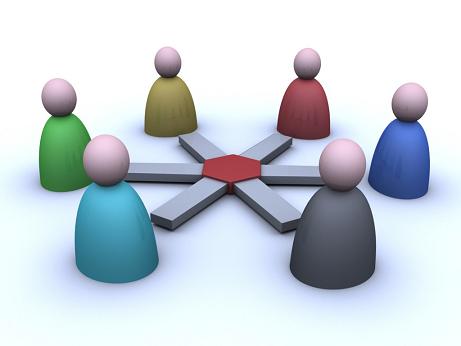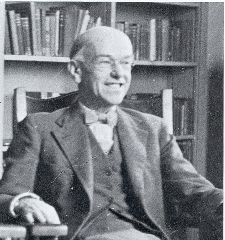Team building attempts to improve effectiveness of the team by having team members to concentrate on: Setting goals and priorities for the team. Analyzing how team’s goals and priorities are linked to those of the organization. Analyzing how the work is performed. Analyzing how the team is working, and Analyzing the relationships among the members who are performing the job. The process of team building is a collection of steps which lead to a specific change in the approach among people, to make effective teams. Various steps of team building process are not one-shot action, rather, they are repetitive and cyclical. 1. Problem Sensing There are a number of ways in which problems of a team can be obtained. Often Continue reading
Management Principles
Comparison of Classical and Behavioral Approaches to Management
Management has been as old as the human beings and with the evolvement of humans management has also evolved. The history of management and its theories can be traced back to thousands of years. However, systematic development of the theories of management is generally viewed from the end of nineteenth century with the emergence of large industrial organizations and the ensuing problems associated with their structure and management. This is the time when work of various writers on the management has started to come into the light. These works can be clubbed together to form different approaches to the theory of management. Two of the most popular and widely accepted approaches to management are: Classical Approach to Management, and Behavioral Continue reading
Organizing Function of Management
According to Haimann, “Organization is the process of defining and grouping the activities of the enterprise and establishing the authority relationship among them.” The mentioned definition makes it clear that on the one hand organization is a process to define and classify the functions to be performed for the attainment of the objectives of the organization, and on the other hand, it is an art to establish sweet relationship among different persons. There are two concept are prevalent about organisation. In the other word, there are two meaning of organization: Organizing as process: According to the first concept of organizing, it has been considered as a process. In the other word, organizing is not function that can be performed at Continue reading
Modern Theories of Organization
Modern organizational behavior has become complex. It synthesizes the classical and neoclassical theories of organization, while incorporating technological development. Modern theories of organization are classified into quantitative theory, system theory and contingency theory. 1. Quantitative Theory The quantitative theory includes operation research and quantification of the problem. It analyses the problems from quantifiable angles and provides solutions to complex problems only with the help of statistical and mathematical models such as linear and non-linear programming, game theory, decision tree, simulation and probability. Computers are used to solve management problems whereas mathematical models were previously used for the purpose. A large number of problems are solved with the use of simulation equations and computers. The development of Continue reading
Neoclassical Theories of Organization
The classical organization theories concentrated on discipline and the economic well-being of people. They ignored their morale and desires. Neoclassical organization theories while accepting the merits of classical theories have given more importance to human relations and behavioral sciences. The neoclassical theories of organization modified, added and extended the classical theories by realizing the fact that management exists in a social system wherein human factors have cognizant roles to perform. Employees can play crucial roles in the decision-making process. Approaches of Neoclassical Theories of Organization Human Relations and Behavioral Science have become two important approaches of neoclassical theories. 1. Human Relations Theory The human relations theory was developed by Elton Mayo and his associates from 1924 to 1932 at the Continue reading
Classical Theories of Organization
Classical theories of organization are based on traditional thinking. These theories were first propounded in the beginning of 19th century and incorporated original and initial ideas of management. The classical theories of organization were devoted mainly to the superior’s authority, objectives, rules and economic activities. The classical organization theories are broadly divided into Bureaucracy, Scientific management and Process management. 1. Bureaucracy The bureaucratic model developed because some people wanted to dominate others in business and other activities. They organized men and materials for achieving objectives for their personal benefits. This theory was given a formal shape by a German Sociologist, Max Weber, who believed that bureaucracy was an ideal weapon to harness human and physical Continue reading



